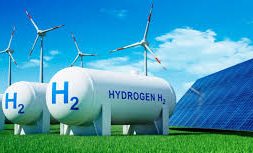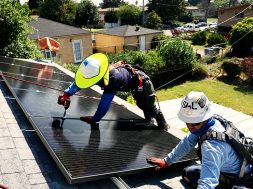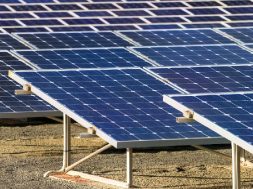
2MW solar panels to power WR suburban stations in 6 months
Mumbai: To reduce carbon footprint, the Western Railway will soon have solar panels at around 30 locations— with a total capacity of 2 MW—that will provide power for its non-traction work. This will help WR reduce it dependence on energy from coal-fired plants by around 10% and save lakhs of rupees in power bill.
WR’s Mumbai division requires 25 lakh units per month for non-traction work, which is purchased from BEST or Maharastra state Electricity Distribution Company Ltd at an average of Rs 10 per unit. “We may soon sign a power purchase agreement (PPA) with a firm that has offered to provide power at Rs 5 per unit,” WR’s chief public relations officer Ravindar Bhakar said.
“It is a win-win situation as the railways is not going to spend any money-on installation or maintenance. These solar panel will installed on rooftops across 30 locations on Mumbai suburban division.”
Explaining the system, a senior official said, “The stations will first use the electricity from the solar power system, and if there is a shortfall it will switch to power from BEST or other whichever the power supply firm is.” In case, the consumption is less, it will lead of surplus, which will be given to the grid of the supplier.
The official said, “We have received the bids but it has to be finalised by the headquarters. Once the bids are approved, it will take around 5 to 6 months to execute the project.”
As part of its Solar Mission, the Indian Railway has proposed to set up 1,000 MW solar plants with the help of developers on railway/private land and on roofs of railway buildings in the next five years. The developers will set up the panels at their own cost with subsidy/viability gap funding support of the ministry of non- renewable energy.
The initiative is expected to a go a long way in contributing towards India’s 100 GW solar targets under the National Solar Mission.
Railways asked its zones to allow use of rooftops available on its buildings, platforms, workshops and spare land. Recently, a study conducted by the Council on Energy, Environment and Water (CEEW), indicated that this initiative of Indian Railway could reduce cumulative emission up to 45 Mt CO2.











